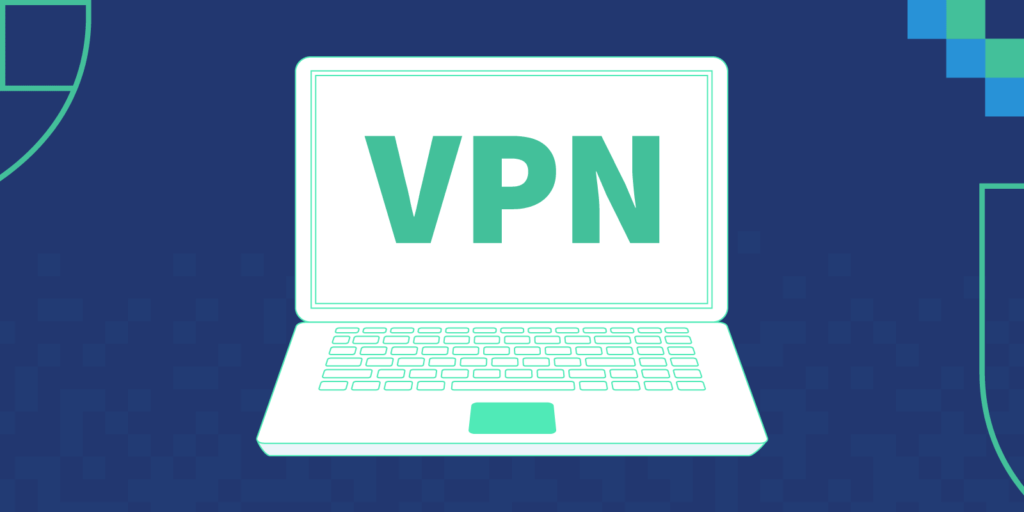A Virtual Private Network (VPN) is a popular tool for increasing privacy and security when using the internet. VPNs create an encrypted connection between your device and the internet, making it difficult for anyone to spy on your online activity or steal your personal information. iTop VPN, While VPNs offer many benefits, they also have some drawbacks that are important to consider before using one.
Pros of using a VPN:
Increased privacy: VPNs encrypt your internet connection, making it difficult for anyone to spy on your online activity or steal your personal information. This is especially important if you are using public Wi-Fi, as these networks are often unsecured and easy for hackers to access.
Improved security: VPNs create an encrypted connection between your device and the internet, which makes it difficult for anyone to intercept your data or compromise your security. This is especially important for people who regularly access sensitive information, such as financial or personal information, over the internet.
Access to restricted content: Some countries and organizations block access to certain websites and online services. VPNs can help you bypass these restrictions and access the content you need, regardless of where you are in the world.
Protection from ISP tracking: Internet Service Providers (ISPs) can track your online activity, including the websites you visit and the content you access. VPNs can help protect you from ISP tracking by encrypting your internet connection, making it difficult for your ISP to monitor your online activity.
Cons of using a VPN:
Slower internet speeds: VPNs can slow down your internet connection, as the encrypted connection between your device and the internet takes longer to establish. This can be especially noticeable when streaming videos or playing online games, as the added latency can impact the quality of your experience.
Potential reliability issues: VPNs are only as reliable as the service provider you choose. Some VPN providers have a history of unreliable connections, which can make it difficult to access the internet or use certain online services, streaming grátis when you need them most.
Limited availability of servers:
VPNs rely on servers to route your internet connection, and not all VPN providers offer servers in all countries. This can limit your options if you need to access content that is restricted in your area.
Cost: While many VPN providers offer free services, these services often have limited functionality and slow speeds. Premium VPN services can be expensive, which can make it difficult for people on a tight budget to afford.
Privacy concerns: While VPNs are designed to increase privacy and security, some VPN providers have been known to store logs of user activity, which can be used to track your online activity or compromise your security.
In conclusion, using a VPN can provide many benefits for online privacy and security. It can encrypt your internet connection, protect you from ISP tracking, and give you access to restricted content. However, VPNs also have some drawbacks, such as slower internet speeds, potential reliability issues, limited availability of servers, cost, and privacy concerns.
It’s important to carefully consider the pros and cons of using a VPN before making a decision. If you are looking to increase your online privacy and security, it may be worth investing in a premium VPN service that offers fast speeds, reliable connections, and robust security features. On the other hand, if you are on a tight budget or don’t need the added security that a VPN provides, you may be better off sticking with your regular internet connection. Ultimately, the choice of whether to use a VPN or not will depend on your specific needs and preferences.

